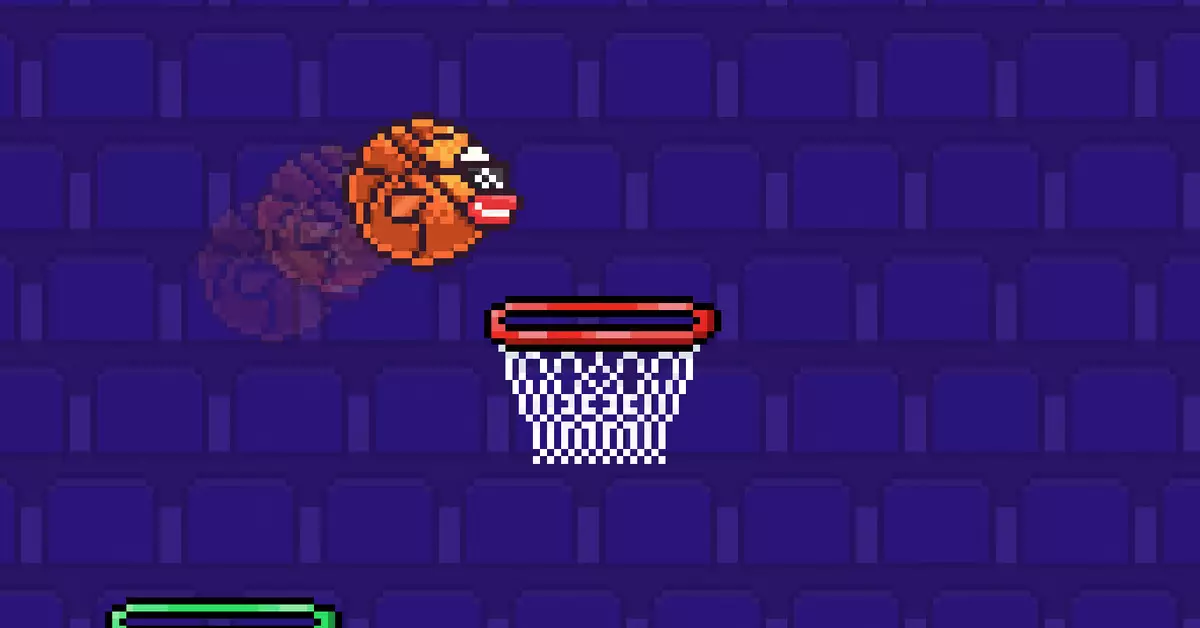In recent days, the gaming community has been buzzing with the news that the Flappy Bird Foundation is launching a new version of the beloved mobile game, Flappy Bird. Touted as a triumphant return of a classic, the announcement has stirred excitement but also confusion, particularly regarding the original developer’s involvement—or lack thereof. Dong Nguyen, the creator of Flappy Bird, made a rare public statement on his social media platform, X, clarifying that he plays no part in this revival. This revelation leads us to a deeper analysis of what this announcement means for the gaming landscape and the ethics surrounding game development and intellectual property.
The Flappy Bird Foundation has played heavily on the nostalgia factor in its marketing strategy. By invoking memories of the game’s meteoric rise to fame and its abrupt withdrawal from the app market, the foundation aims to evoke a sentimental yearning among players who fondly remember the original. However, the legitimacy of this emotional appeal is cast into doubt when one considers that the true essence of Flappy Bird, as envisioned by Nguyen, is seemingly absent in this relaunch. The foundation’s approach appears to exploit nostalgia rather than authentically rekindle the original spirit of the game. Instead of fostering a genuine revival, this creates a façade that raises ethical concerns about respecting the creator’s intent and artistic vision.
The situation becomes even more complicated when one digs into the legalities surrounding the game’s trademark. According to reports, Gametech Holdings, LLC has acquired rights that trace back to Nguyen’s original intellectual property. The fact that Gametech filed in opposition to Nguyen’s Flappy Bird trademark in 2023 only adds to the complexity. Notably, the U.S. Patent and Trademark Office has declared Nguyen’s trademark to be abandoned, which signifies a troubling precedent regarding ownership rights in the gaming industry. This ongoing tug-of-war for ownership not only sparks questions about creative control but may also have long-term implications for how game developers interact with their creations, especially when it comes to derivative works.
Adding another layer to this already intricate narrative is the potential inclusion of cryptocurrency elements in the new Flappy Bird game. As pointed out by cybersecurity expert Varun Biniwale, hidden pages on the Flappy Bird website suggest that the game aims to embrace the web 3.0 ethos, allowing players to “build, create, play, and stake to own.” The idea of integrating blockchain technology into a game that once thrived on simple mechanics further complicates its identity. This pivot toward digital ownership models could alienate traditional gamers who cherish the uncomplicated nature of the original Flappy Bird, raising questions about who this new version is truly for.
In essence, the revival of Flappy Bird serves as a microcosm of the gaming industry at large: a blend of nostalgia, commercialization, and technological evolution. As the Flappy Bird Foundation prepares to launch its version for iOS and Android, players are left to ponder whether this is a genuine revival of a beloved classic or merely a capitalistic venture that prioritizes profit over authenticity. The future of Flappy Bird, bound up in unsolved legal entanglements and a questionable commitment to its roots, raises an important debate about the nature of creativity and ownership in the digital age. As consumers, gamers must navigate this evolving landscape cautiously, weighing their love for the original against the dissonance of a rapidly changing market.

